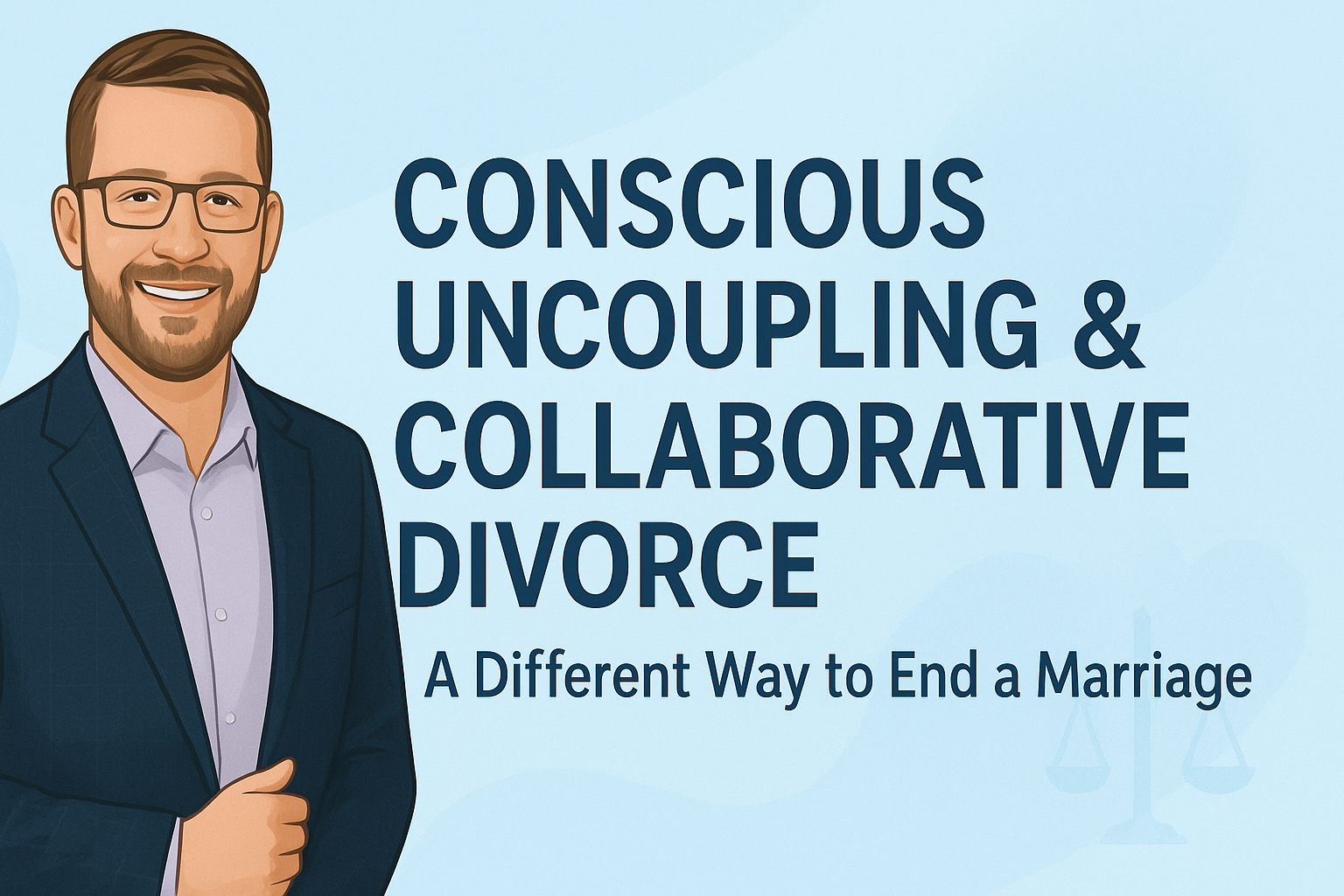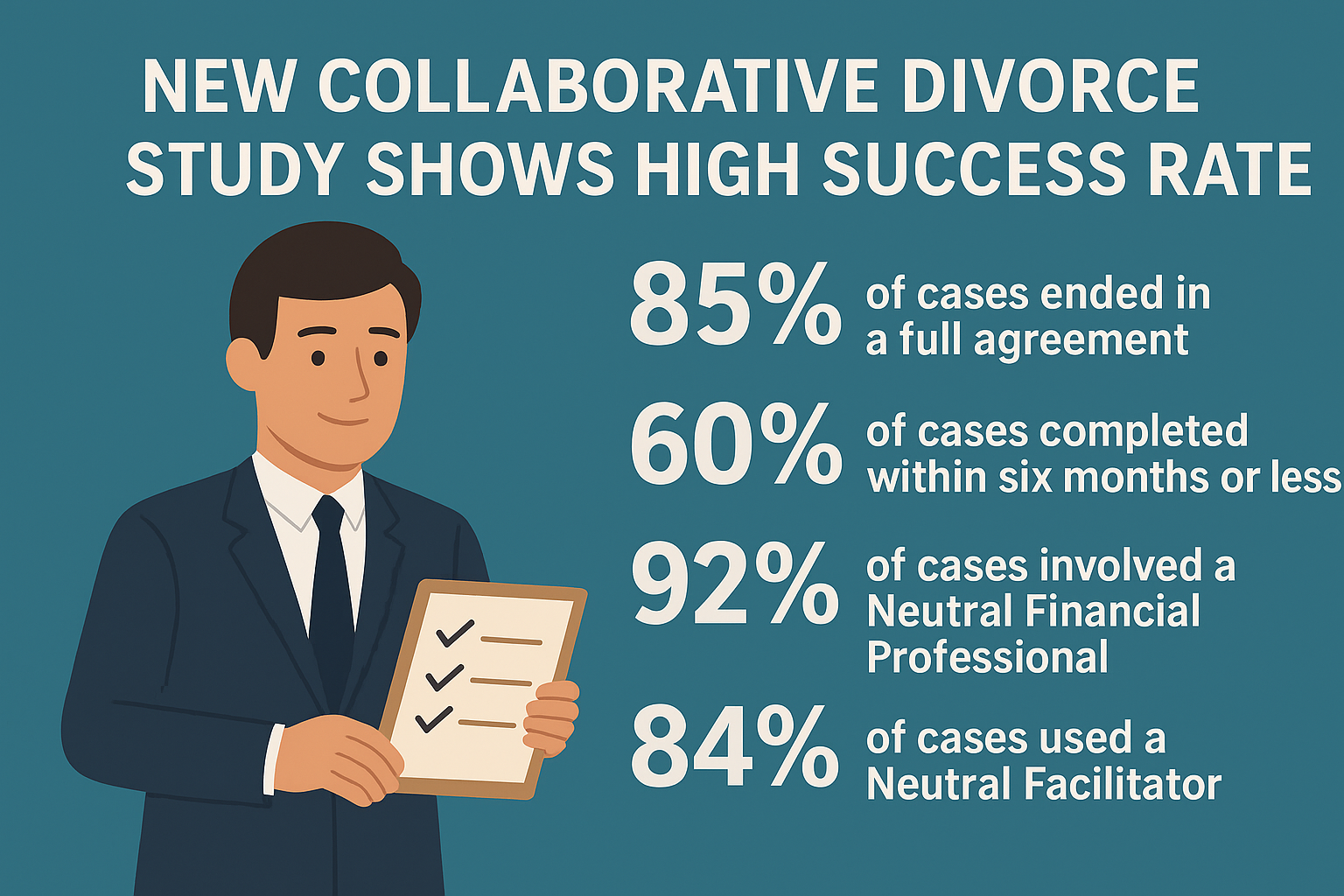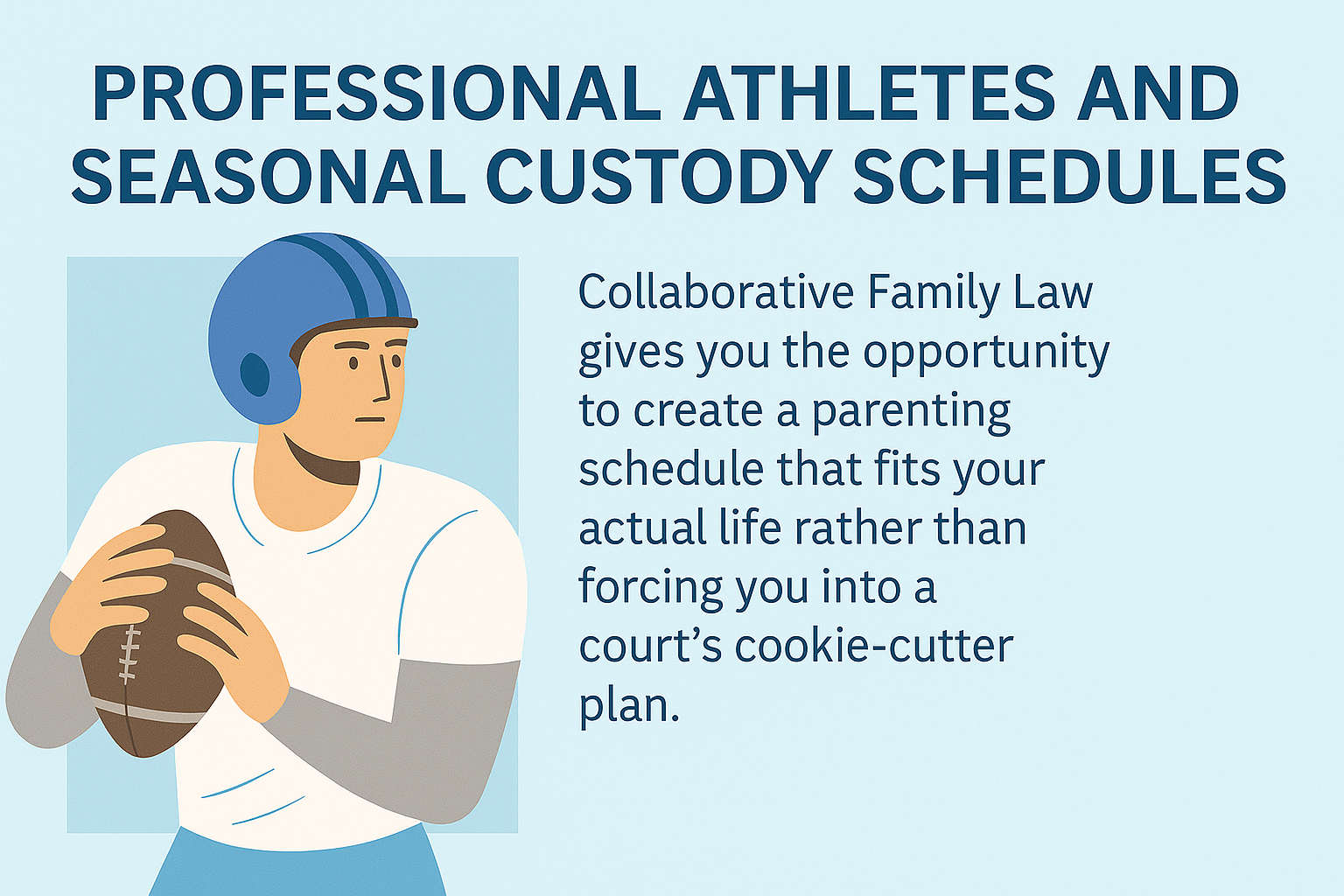Conscious Uncoupling and Collaborative Divorce: A Different Way to End a Marriage
For many, the word divorce brings to mind courtrooms, conflict, and chaos. But there’s a growing movement—both philosophical and legal—toward a different way. One that emphasizes respect, empathy, and forward-looking resolution. This is where the concept of conscious uncoupling intersects with the legal process of Collaborative Divorce.
What Is Conscious Uncoupling?
Conscious uncoupling is the idea that a relationship can end without destroying the people involved. Popularized in part by public figures like Gwyneth Paltrow and Chris Martin, the term speaks to the real possibility of ending a marriage with mindfulness, emotional intelligence, and compassion.
In a 2024 PEOPLE article, Paltrow reflected on being “proud” of having used the term when they announced their split in 2014. Another article in Business Insider describes how she and Martin discovered the phrase during their separation, and how they used it to frame their transition in a healthier way.
Rather than blaming one another or escalating tension, couples who choose conscious uncoupling acknowledge that the relationship has served its purpose and now deserves a dignified conclusion. They focus on preserving their individual wellbeing and the wellbeing of any children involved. It’s about moving forward, not tearing each other down.
But philosophy alone only goes so far. That’s where Collaborative Divorce comes in.
How Collaborative Divorce Puts Conscious Uncoupling Into Action
Collaborative Divorce is a structured, out-of-court legal process that helps spouses resolve their issues respectfully and privately. It’s not just about reaching a settlement—it’s about how you get there.
In the Collaborative Process, each spouse retains a separate, specially trained Collaborative Attorney. Everyone signs a Collaborative Participation Agreement committing to stay out of court and instead work together, supported by a team of professionals. This team often includes a Neutral Facilitator and a Neutral Financial Professional.
You can read more about the role of the neutral facilitator in our post What Is a Collaborative Facilitator?, which explains how a Collaborative Facilitator acts as a communication specialist, helps with emotional management, project tracking, and, when children are involved, assists with parenting plan design.
You can also see how a neutral financial professional can save money and bring clarity in our post How a Neutral Financial Professional Can Save You Money, which shows how using one shared financial expert can decrease the time it takes to divorce, avoids dueling experts, lowers costs, and improves fairness.
Discussions happen in private conference rooms or Zoom meetings rather than public, adversarial court proceedings. Collaborative Divorce creates space for transparency and mutual respect. It helps protect privacy, reduce conflict, and preserve relationships that need to continue—especially for co-parenting situations. It’s a path that brings the ideals of conscious uncoupling into the real world.
Collaborative Divorce Is Still Divorce—But It Doesn’t Have to Be Destructive
Choosing Collaborative Divorce doesn’t mean the process will be free from emotion or difficulty. Ending a relationship—even a loving one—brings grief and complexity. But Collaborative Divorce offers a way to navigate that path with dignity, self-determination, and a focus on healing. It also is a place where you both get separate legal advice from your own separate lawyers so you can make informed decisions, but the Collaborative Lawyers encourage working together towards a peaceful resolution and are prohibited from taking your divorce to trial.
You can model constructive conflict resolution for children, preserve important relationships, and leave more empowered. The process invites each person to show compassion and to make decisions from a place of intention rather than reaction.
Is Collaborative Divorce Right for You?
If you are wondering whether Collaborative Divorce is the right fit, these are good questions to consider:
- Do you want to avoid a public courtroom fight?
- Are you willing to commit to respectful negotiation over posturing or legal threats?
- Is privacy and control over the process important to you?
- Do you recognize the value of engaging a Facilitator, a professional who can help manage the emotional fallout of divorce while keeping the focus on your future and your children (if any)?
- Are you open to bringing on a neutral financial professional so that both spouses can be educated about the family finances, and both of you can move more quickly and fairly through the divorce process?
If the answer is yes, Collaborative Divorce may be the right tool to help you consciously uncouple in a way that aligns with your values and vision for the future. Further, we can discuss with you ways to bring your spouse on board.
Schedule a Virtual Planning Meeting with us by calling us at (813) 443-0615 or clicking the button below. You are not alone. We can help.
Adam B. Cordover is Florida-based Collaborative Divorce Lawyer. He accepts clients in every county in Florida and has offices by appointment in Tampa, St. Petersburg, and Sarasota. Adam is co-author of an American Bar Association book on Collaborative Family Law, a former board member of the International Academy of Collaborative Professionals, and the co-author of a recently published study of Collaborative Divorce in Florida from 2014-2024.





